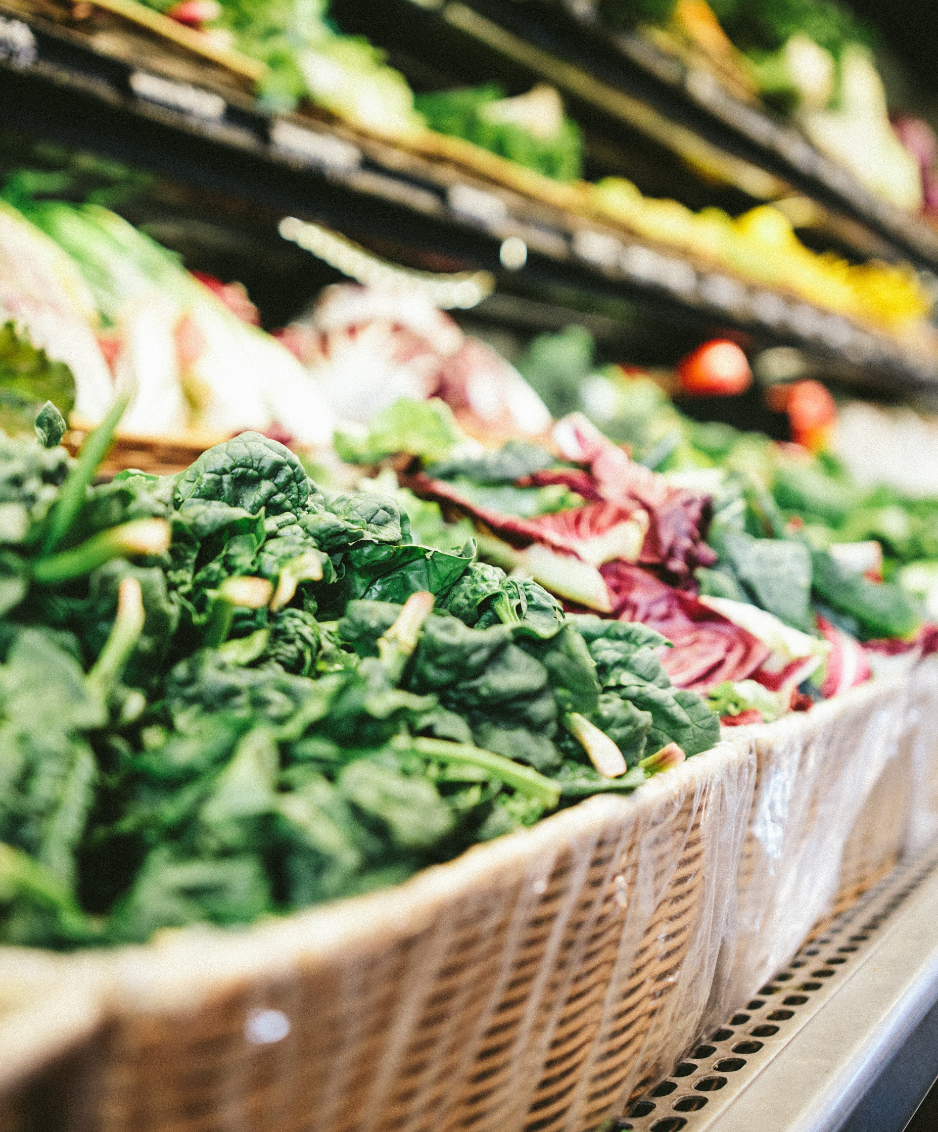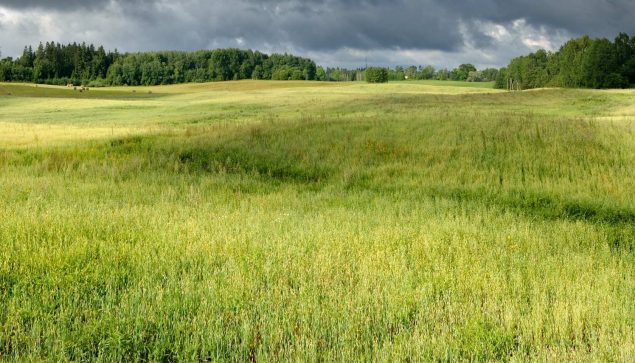PRESS RELEASE
Study shows Canadians want food that is sustainable for the planet, economy, and communities
(MONTRÉAL, October 31, 2022) – A 2021-2022 study, Sustainable Consumption for All, analyzing the opinions and expertise of food system leaders shows that sustainable food is more important than ever before. Drawing mainly from expertise working for food nonprofits and with people experiencing food insecurity, as well industry, government and academic perspectives, the leaders emphasized the importance of food that is not only environmentally sustainable, but also strengthens communities and most importantly, is within reach economically.
This study was a follow-up to a 2019 study from Food Secure Canada, examining how those living with low incomes value and access sustainably grown foods, and what challenges they face in accessing sustainably grown foods. After years of living with COVID-19, this present research demonstrated that sustainability is increasingly important, with a special interest for local, organic, and ethically sourced foods. However, the cost of sustainable foods and consumers’ incomes are still the main barriers. These are compounded by the structural discrimination that consumers may face, especially if they are Indigenous, Black, or a member of other equity-deserving communities.
“People are increasingly aware that colonialist, racist, and discriminatory policies and attitudes impact their access to food, including sustainable foods,” explains Dr. Monika Korzun, one of the study authors and a postdoctoral fellow at Dalhousie University. “It is clear that any policies or programs should seek not only to make more healthy and affordable foods available, but also take into account racial justice and equity.”
Farzaneh Barak, the other study author and PhD Candidate at McGill University expands on this saying, “What is sustainable for one community may not be for another, and solutions need to be specific to where people live, developed with and for them.” She continues to explain that how people view food and health are also important, taking into account various perspectives, including Indigenous knowledge, and the culture of each specific community.
While food security has rightfully come to the forefront of public consciousness, findings from the interviews repeatedly pointed out the importance of moving beyond emergency food services such as food bank baskets, to solutions which address underlying issues, especially poverty. During the height of COVID-19 disruptions, financial support from the Canada Emergency Response Benefit allowed many, but not all, to keep hunger at bay. Participants welcomed policy and proposals that support an income floor under which no one falls, as effective measures for strengthening food security.
The study findings support that both food security and sustainability are very nuanced concepts that cannot be addressed with a singular solution. Nevertheless, they are within reach, especially with the experience amassed by both community and government leaders in the past few years. The opportunity now is to take the steps necessary to achieve not only food security, but also food sovereignty.
Research Funding
For this research Food Secure Canada has received funding from Innovation, Science and Economic Development Canada’s Contributions Program for Non-profit Consumer and Voluntary Organizations. The views expressed in this report are not necessarily those of Innovation, Science and Economic Development Canada or the Government of Canada.
-30-
About Food Secure Canada
Food Secure Canada is a pan-Canadian alliance of organizations and individuals working together to advance food security and food sovereignty through three interlocking goals: zero hunger, healthy and safe food, and sustainable food systems.
For more information
Farzaneh Barak, PhD (c) farzaneh.barak@mail.mcgill.ca
Dr. Monika Korzun, mkorzun@dal.ca


